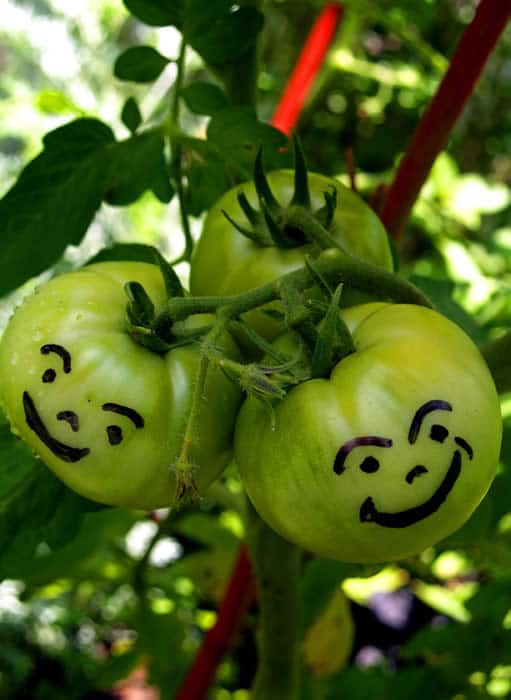Updated: December 16, 2019
Felder Rushing is sure enough interesting. He’s the author of nearly 20 gardening books, host of The Gestalt Gardener radio program on Mississippi Public Broadcasting Network and a genuine horticultural expert.
More than that, he’s known for his really quirky comments and offbeat garden art.
Let’s take a sec to get the legal words out of the way. This article may contain affiliate links. That means if you click and buy from my partners, I will make a tiny amount of money at no cost to you. This in no way affects my recommendations.
But when Kirkus Reviews asked me to review Felder Rushing’s Slow Gardening, my first reaction was that it’s a little off target for Suburban Hobby Farmer.
Why? Rushing’s stick is “grow the plants that make you happy.”
That means: Grow food. Don’t grow food. Grow flowers. Don’t grow flowers. Grow whatever you’d like.
That’s a little different from SHF, where where I talk about growing what you like to EAT! Grow great food is the SHF motto.
So Slow Gardening is much more than a how to grow food guide. It’s about your ATTITUDE towards your garden. It covers a much wider scope than what I typically talk about on SHF.
Table of Content
Felder Rushing plant what you like
To be specific, Slow Gardening describes how to achieve happiness through your garden by employing some basic gardening principles and a don’t-worry-be-happy attitude.

Rushing’s thought is, unfortunately, backyard gardeners today worry too much about what the neighbors think. Instead, they should design gardens for their own pleasure.
Slow Gardening encourages gardeners to get out of this trap through a philosophy of planting what you like and enjoying what you plant.
Who needs plant perfection?
One of the main principles of Rushing’s philosophy is that that plant perfection, especially cosmetic perfection, is not obtainable. So why even try.
If it doesn’t work out, just throw it in the compost pile and plant something else. It is this attitude that sets Slow Gardening apart from other gardening how to books.
When you’re in the Slow Gardening state of mind, stress vanishes allowing you to savor time in your garden. Gone are the self imposed pressures.
Related: Do Tumbling Compost Bins Work?
Weeds are okay if they don’t bother you or your plants. Who cares what the neighbors think?
If pests are a problem, just grow something else that is pest-free.
— Felder Rushing
Enjoyable meandering through the garden encourages daily upkeep. Pull a weed here. Trim a branch there. Water deeply when dry.
Before you know it, the plants are happy, healthy and, most importantly, give you pleasure. This do-it-a-little-at-a-time approach reduces your need to consume the whole day with overwhelming garden projects that leave you feeling like your pastime is a J – O – B.
Here’s a video of Rushing describing Slow Gardening:
Felder Rushing & basic gardening principles
On the other hand, Rushing does teach enlightened strategies that gardeners should practice in order to achieve better results. Many of these are the same strategies we discuss on this blog.
For example, he encourages gardeners to make their own compost, or at least, keep a pile of leaves that will eventually turn into compost.
Felder Rushing suggests that you reduce the size of your lawn and grow low maintenance plants to reduce drudgery.
Avoid pesticides
His philosophy is to avoid pesticides. If pests are a problem, just grow something else that is pest-free. When it comes to fertilizer, apply quality fertilizer instead of large quantities of fertilizer.
As you might expect from an author who wrote a book called Slow Gardening, Rushing prefers a slow, natural approach to quick fix alternatives.
Related: Solved — How to Prevent Squash Vine Borer
All in all, it’s a relaxing and enjoyable book with small, easy-to-swallow doses of education that are intended for the non-expert.
Related articles you might also enjoy:
- Book Review: Gayla Trail Grow Great Grub
- Book Review: Michael Phillips The Apple Grower
- Book Review: Eliot Coleman Four-season Harvest
- The Top Five Vegetable Gardening Books
Suburban Hobby Farmer is a participant in the Amazon Services LLC Associates Program, an affiliate advertising program designed to provide a means for sites to earn advertising fees by advertising and linking to amazon.com.